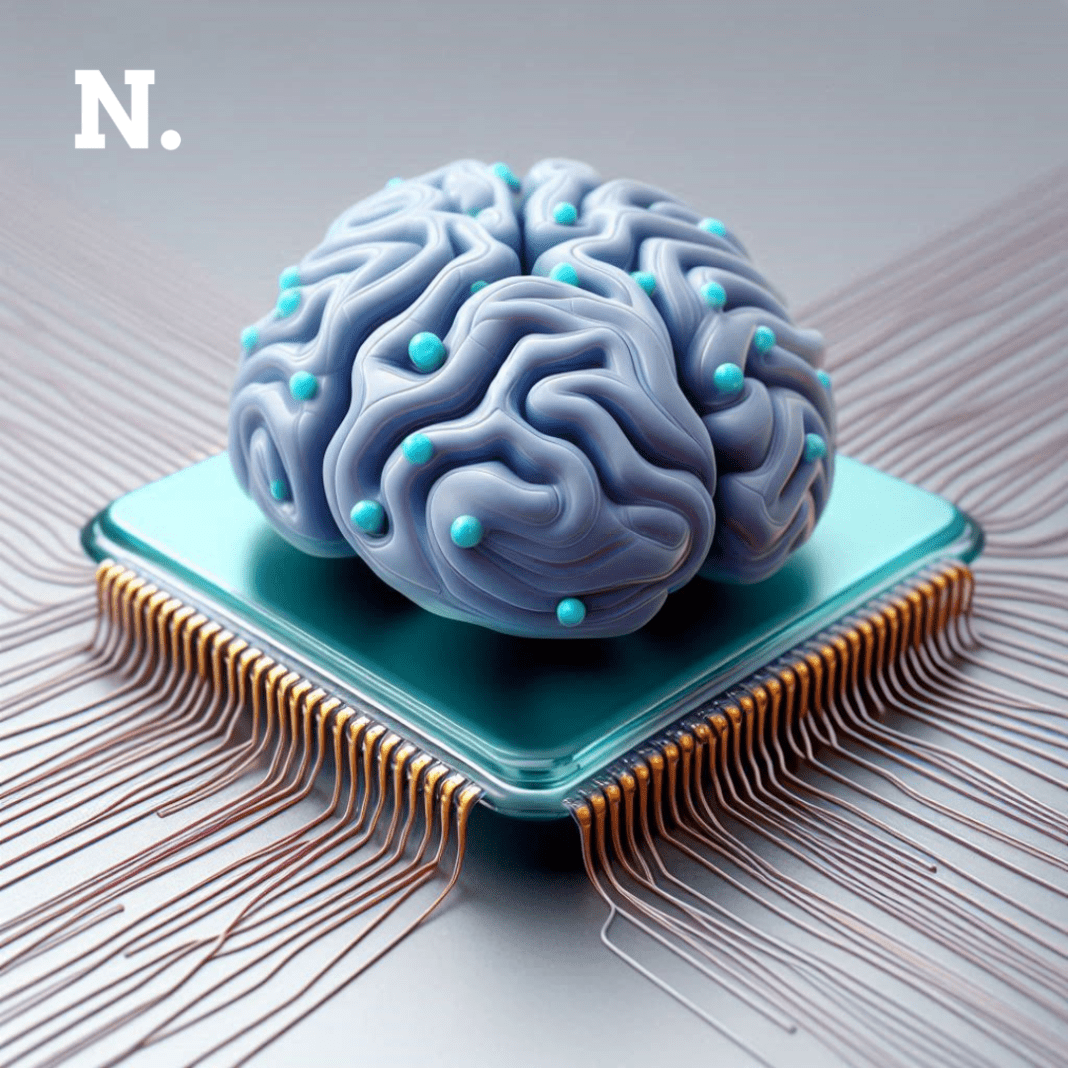Nexalin Technology has achieved a significant milestone by securing a US patent for its non-invasive, frequency-based deep-brain stimulation device designed to treat Alzheimer’s and dementia. The US Patent and Trademark Department granted U.S. Patent No. 12,011,591, protecting Nexalin’s cutting-edge Gen-2 and Gen-3 medical devices.
Advanced Brain Stimulation Technology by Nexalin
The patented gadget is a major improvement over the Gen-1 system, which it replaced. It uses waveform technology to deliver painless, undetectable deep brain stimulation. The Gen-2 and Gen-3 devices apply deep stimulation to brain areas linked to mental health issues by means of carefully positioned electrodes on the patient’s skull. The already patented “Transcranial Alternating Current Dynamic Frequency Stimulation (TACS)”, is the Method used for the treatment of Alzheimer’s and Dementia. It is Truly a groundbreaking technique.
Technological Advancements by Nexalin
Nexalin’s Gen-2 and Gen-3 systems are the latest developments in the company’s Dynamic Interferential Frequency Stimulation (DIFS) technology. These systems target deep brain structures to address various neurological conditions. The company has emphasized that these devices represent a considerable advancement in non-invasive brain stimulation technology.
CEO’s Perspective on the Patent Award
Mark White, the CEO of Nexalin Technology, expressed that the patent award marks a major milestone for the company. He highlighted that this achievement expands Nexalin’s intellectual property portfolio to include treatments for Alzheimer’s and dementia. White noted that their growing body of published clinical studies supports the clinical benefits of their device for treating various neurological diseases, including treatment-resistant depression, migraines, anxiety, insomnia, addiction, and PTSD. He also expressed confidence in the potential of DIFS technology to revolutionize the standard of care for additional mental health disorders, including Alzheimer’s and dementia.
Clinical Studies and Potential Impact of Nexalin Tech
The company’s commitment to expanding its intellectual property is backed by a robust foundation of clinical research. These studies have demonstrated the effectiveness of Nexalin’s devices in treating a wide range of neurological conditions. The Gen-2 and Gen-3 devices, through their innovative use of waveform technology, offer a promising new treatment modality for patients suffering from deep brain structure-related diseases.
Nexalin’s approach to brain stimulation involves non-invasive techniques that are both painless and undetectable, making the treatment process more comfortable for patients. The strategic placement of electrodes ensures targeted stimulation, which is crucial for effectively addressing mental health disorders.
Broader Implications for Mental Health Treatment
The potential applications of Nexalin’s technology extend beyond Alzheimer’s and dementia. The DIFS technology, as demonstrated by the Gen-2 and Gen-3 devices, holds promise for revolutionizing the treatment of various mental health disorders. By providing a non-invasive, effective treatment option, Nexalin aims to improve the standard of care for patients with conditions that have traditionally been challenging to treat.
Recent Patent Achievements
Apart from the patents for the Gen-2 and Gen-3 devices, Nexalin obtained another US patent in April 2024. This patent is for the Gen-3 HALO Clarity, a non-invasive deep-brain stimulation system based on frequency. The company’s commitment to developing brain stimulation technology is evident. Nexalin’s dedication to improving patient care is demonstrated by the ongoing increase in its patent portfolio.
Conclusion
Nexalin Technology’s recent patent award for its Gen-2 and Gen-3 deep-brain stimulation devices marks a significant step forward in the treatment of Alzheimer’s and dementia. The company’s innovative use of waveform technology and strategically placed electrodes promises a pain-free and effective treatment option for patients. With a strong foundation of clinical research, Nexalin is poised to contribute significantly to mental health treatment. It will be a boon for the lives of the many affected by these brain diseases. The company’s DIFS technology addresses Alzheimer’s and dementia. It also holds potential for revolutionizing the treatment of various mental health disorders. This technology offers hope for improved patient outcomes.





